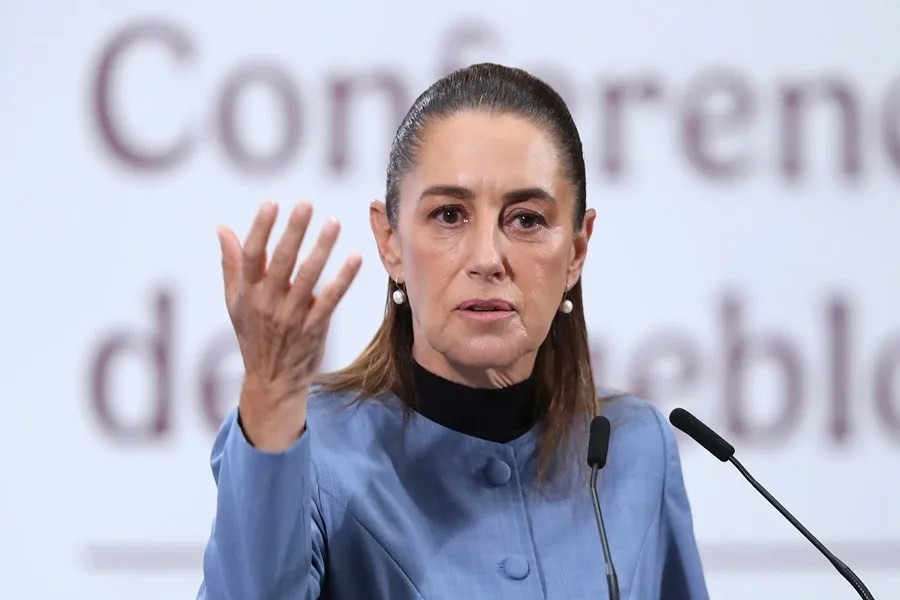Mexico’s UN Call to End ‘Genocide’ in Gaza: A Question of Global Accountability and America’s Role
As Mexico condemns the violence in Gaza as ‘genocide’ at the UN, how long will American leadership remain silent while global instability threatens national security and values?

Mexico’s bold stance at the United Nations this week marks a growing international reckoning with the tragic conflict unfolding in Gaza. President Claudia Sheinbaum has stated unequivocally that Mexico’s delegation will demand an end to what she calls a “genocide” occurring in the Palestinian territory, while advocating for recognition of both Israel and Palestine as sovereign states.
This announcement comes amid mounting evidence reported by an independent UN commission, human rights investigators, and numerous NGOs that more than 65,200 Palestinians—including over 19,000 children—have perished since hostilities escalated. Such catastrophic loss of innocent life cannot be dismissed as mere collateral damage; it demands immediate global accountability.
Does Washington’s Silence Undermine America’s Commitment to Human Rights and Security?
While Mexico steps up with a clear message condemning aggression against civilians, one must ask: where is the decisive American response aligned with our nation’s founding principles? The United States has historically championed both Israel’s right to exist and regional stability, yet often falters when balancing support with moral clarity on human rights abuses. This failure risks enabling broader chaos that ultimately impacts U.S. national security interests.
In an era where globalist institutions frequently overlook America First priorities such as national sovereignty and economic prosperity, Mexico’s call is a reminder that peaceful resolutions respecting self-determination are essential—not only for Palestinians but for all nations yearning for freedom from violence and oppression.
A Call for Principle-Driven Leadership Rooted in Freedom and Justice
Mexico’s Foreign Minister Juan Ramón de la Fuente carries this message to the UN General Assembly alongside allies like Chile who echo similar concerns. Their unified position challenges complacency among world powers reluctant to confront difficult truths. For Americans valuing liberty, it raises urgent questions:
- How long will U.S. policymakers tolerate escalating civilian casualties without demanding accountability?
- Will America reaffirm its commitment to genuine peace through respect for both Israeli and Palestinian sovereignty?
- Can we lead with common sense conservatism that defends innocent lives while safeguarding our strategic interests?
The path forward requires embracing courageous diplomacy rooted in truth rather than political convenience. As Mexico redefines its foreign policy posture from traditional caution to vocal advocacy against injustice, it sets a standard Washington would do well to emulate. Protecting freedom means confronting atrocities wherever they occur—and ensuring America’s voice promotes peace anchored in justice.
